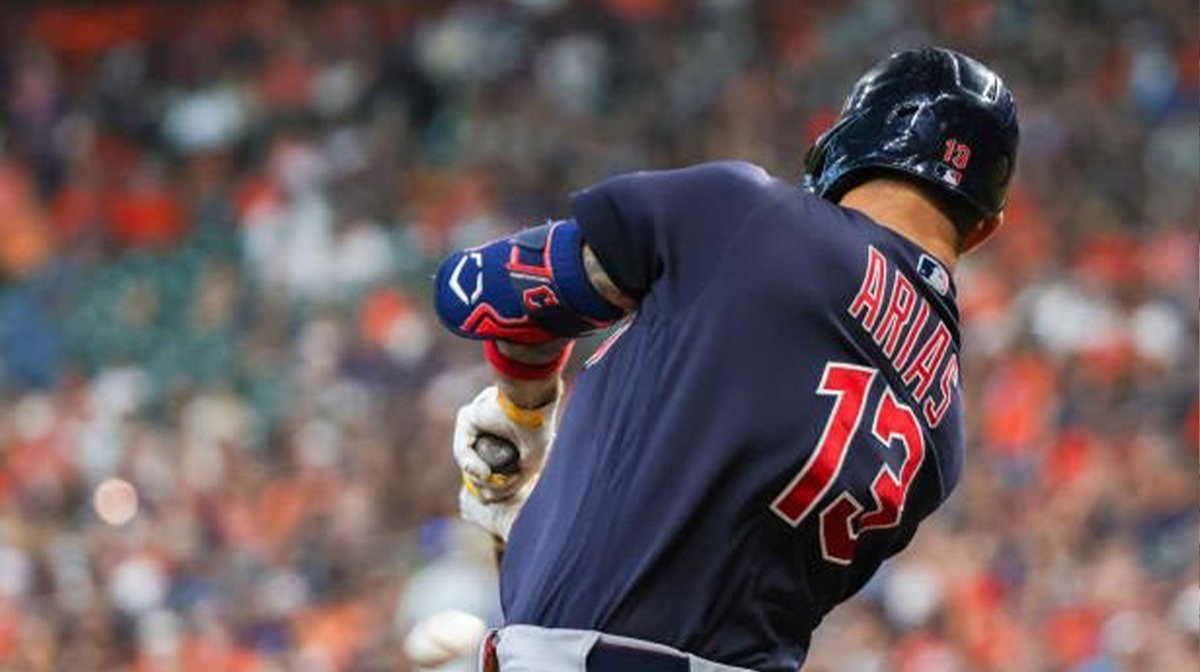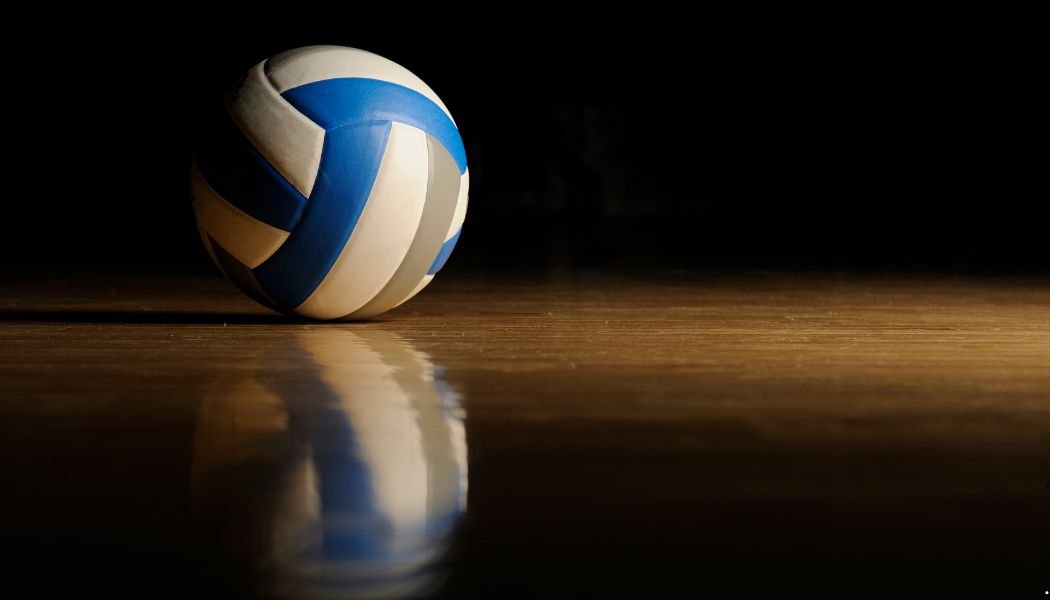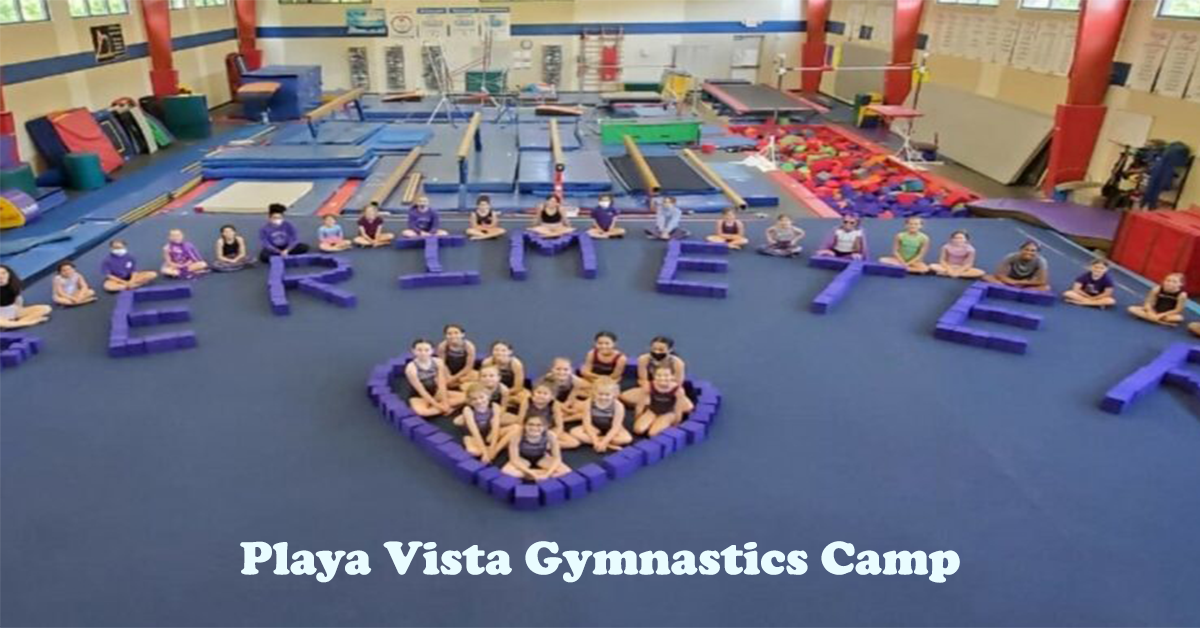Introduction to Gabriel Arias: Why He Doesn’t Practice Positioning in the Outfield
Gabriel Arias is a name well-known to baseball enthusiasts, particularly those who follow the Cleveland Guardians. Primarily recognized for his exceptional skills as an infielder, Arias has built a reputation based on his agility, quick reflexes, and strong arm. However, a topic of interest that has recently sparked discussions among fans and analysts alike is the fact that Gabriel Arias does not practice positioning in the outfield. This choice raises questions about his versatility as a player and what it means for his future career in Major League Baseball (MLB).
Gabriel Arias: A Focus on Infield Excellence
Gabriel Arias, originally hailing from Venezuela, has been a rising star in baseball since his early years. Signed as an international free agent by the San Diego Padres in 2016, Arias quickly made a name for himself with his defensive prowess in the infield. His ability to cover ground, make difficult plays look routine, and his powerful throwing arm have made him a valuable asset to any team’s defense.
Arias’s commitment to mastering the infield is evident in his daily routines. He dedicates countless hours to refining his footwork, perfecting his glove work, and enhancing his reaction time. His focus has always been on excelling at shortstop, third base, and second base—positions where his skills are most effectively utilized. This dedication to the infield is a key reason why Arias does not allocate time to practicing outfield positioning.
The Importance of Specialized Training in Baseball
Baseball, perhaps more than any other sport, requires players to specialize in their positions. While versatility is a valuable trait, the demands of each position are unique, requiring specific skill sets and training. For an infielder like Gabriel Arias, the techniques and strategies employed differ greatly from those required in the outfield.
Outfielders need to practice reading fly balls, understanding angles, and positioning themselves correctly based on the batter’s tendencies and the game situation. Conversely, infielders must focus on quick reflexes, smooth transitions, and the ability to make accurate throws under pressure. Given these differences, it is understandable that Arias has chosen to concentrate his efforts on the infield, where he can continue to build on his strengths.
Implications for Arias’s Versatility
The fact that Gabriel Arias does not practice outfield positioning might seem like a limitation to some, especially in an era where teams value players who can fill multiple roles. However, this choice speaks to a broader strategy—one that prioritizes excellence in a specific area over being a jack-of-all-trades.
In MLB, there is a growing trend of teams developing players who can contribute in multiple positions, thereby providing flexibility in roster construction. While this versatility is valuable, there is also a significant demand for players who are elite at their primary positions. Arias’s decision to focus on the infield reflects his commitment to being the best at what he does, rather than spreading his efforts too thinly across multiple roles.
Strategic Choices by the Cleveland Guardians
The Cleveland Guardians, Arias’s current team, have likely taken his strengths and positional preferences into account when developing their roster and strategy. While the Guardians have other players who are versatile enough to cover both infield and outfield positions, they rely on Arias to provide stability and elite defense in the infield.
By allowing Arias to focus exclusively on the infield, the Guardians are optimizing his contributions to the team. This decision suggests that the organization values his defensive capabilities and sees him as a cornerstone of their infield defense for the foreseeable future. It also indicates that the team has confidence in its other players to handle outfield duties, allowing Arias to concentrate on what he does best.
The Risk and Reward of Specialization
There is always a risk in specialization, particularly in a sport as unpredictable as baseball. Injuries, changes in team needs, or shifts in player performance can suddenly make versatility more valuable. For Arias, not practicing outfield positioning means that he may have fewer opportunities to step into different roles if needed.
However, the reward for his specialization is clear—by focusing on his infield roles, Arias can continue to develop into one of the best defensive players in MLB. His skill set as an infielder is already well-regarded, and by honing these abilities, he positions himself as an indispensable part of the Guardians’ defensive strategy.
The Future of Gabriel Arias in the MLB
Looking ahead, Gabriel Arias’s decision not to practice outfield positioning could be a defining factor in his career. If he continues to excel in the infield, this specialization could elevate him to the ranks of MLB’s elite defenders. On the other hand, if the need arises for him to step into an outfield role, his lack of practice in that area could be a challenge.
For now, it appears that Arias and the Cleveland Guardians have made a calculated decision to focus on his strengths. His contributions as an infielder are already significant, and there is every indication that he will continue to improve and solidify his reputation in the coming years.
Conclusion
Gabriel Arias’s choice not to practice outfield positioning is a testament to his dedication to excellence in the infield. While versatility is often praised in modern baseball, there is also great value in players who specialize and master their primary roles. Arias’s focus on infield defense has made him a key player for the Cleveland Guardians, and his continued development in this area could see him become one of the top defensive infielders in the league. As his career progresses, it will be fascinating to see how this strategy plays out and whether Arias’s decision to specialize pays off in the long run.




